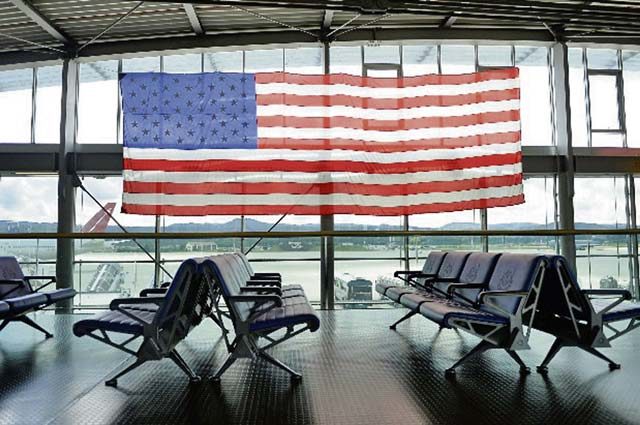Story and photo by
Airman 1st Class Joshua Magbanua
86th Airlift Wing Public Affairs
86th Airlift Wing leadership encourages military members and government civilians to stay vigilant while going about their business or taking leisure.
Following a Dec. 6 declaration from the U.S. Department of State concerning “worldwide caution,” the 86th AW’s anti-terrorism representatives said members of the Kaiserslautern Military Community should exercise extra precautions to protect themselves and their families.

While the statement of caution doesn’t specify any event which might cause concern, KMC members should heed the State Department’s warning, said Master Sgt. Daniel Camacho, 86th Security Forces Squadron anti-terrorism and force protection manager.
“We distributed (the warning message) to the antiterrorism representatives so they could distribute this message to their personnel and families,” he said. “Whenever our office is notified of protests or we receive intelligence of potentially harmful areas, we work with the 86th AW Public Affairs office to send out messages on as many outlets (as possible) to warn service members and their families.”
In addition to practicing basic risk management and situational awareness skills, Camacho encouraged people taking leave to familiarize themselves with their destinations ahead of time. Some countries or regions require additional clearance for military members to visit, so potential travelers should check the Pentagon’s online Foreign Clearance Guide, the State Department website, and contact their local Air Force Office of Special Investigations unit.
Camacho also recommended travelers enroll in the State Department’s free Smart Traveler enrollment program, which registers their trip with the closest U.S. Embassy or consulate.
According to the State Department, places that could be targeted are hotels, clubs and restaurants, places of worship, parks, public transportation systems, and public events. Private U.S. citizens are also highly discouraged from traveling to other countries that participate in armed conflicts.


